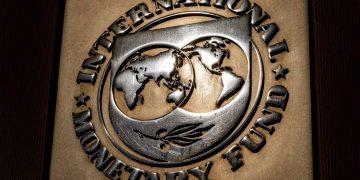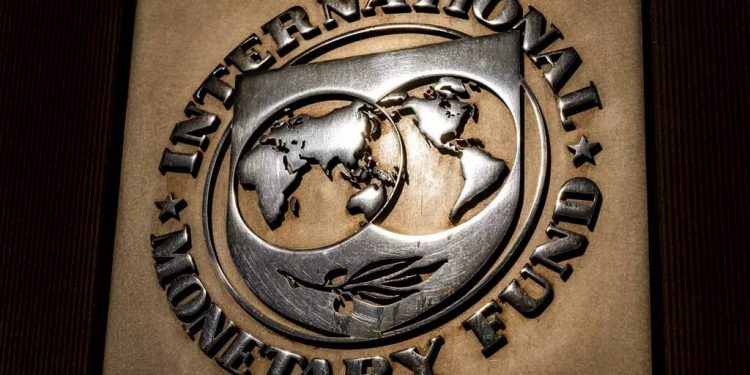By Enyichukwu Enemanna
The International Monetary Fund (IMF) has warned countries in sub-Sahara Africa against undertaking macroeconomic reforms, as the bloc battles food shortages and hunger exacerbated by the outbreak of COVID-19 and the war in Ukraine.
According to its estimates, at least 123 million people, or about 12% of the population of sub-Saharan Africa, “may be acutely food insecure, severely malnourished or unable to meet their basic food needs,” the IMF writes in a new report.
“Addressing the lack of resilience to climate change and the resulting chronic food insecurity will require careful prioritisation of policies, given financial and capacity constraints,” the Fund says.
While East Africa is experiencing one of the worst droughts in its history, hunger in the African continent has largely been increased by the impact of climate change which affects farmlands and yields.
In Nigeria, the duo of erosion and insecurity have affected farming activities, even as many farmers in the Northern region of the country have been displaced while others cannot access their farms as banditry and terrorism bite harder.
The impact on economies of the Covid-19 pandemic has combined with a spike in grain prices fuelled by the war in Ukraine, the IMF also points out.
Despite the many challenges, some trade, regulatory and market liberalisation reforms are feasible, the IMF says further.
Recalibrated monetary policies could mitigate the impact on domestically produced goods and anchor inflation, it says.
“Trade liberalisation and import diversification could help stabilise regional food supply and prices,” the Fund also suggests.
The institution cites the example of Zambia’s ban on exports of its maize in 2020, when the availability of some of the crop could have helped fill the food gap in southern Africa.
The IMF has renewed its commitment to support African countries in need of technical assistance and financial support.




































